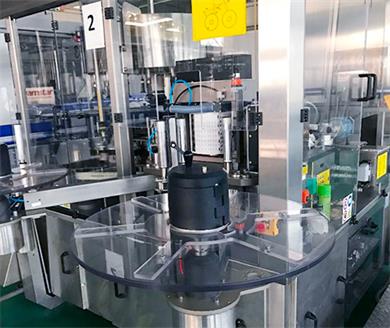Can RFID Help Truly Track In-Store Attribution?
Retailers have been investing in technology for some time, but now they must embrace digital transformation. While retailers were on a track, the pandemic accelerated that significantly. So, how are retailers faring with their digital landscape? Retail technology expert Ashley Burkle, Senior Manager of Retail at Impinj, shared her expertise.
Impini, a RAIN RFID IoT platform, has many retail applications. Burkle said, “RAIN RFID is a passive RFID. It uses a radio signal to transmit and doesn’t require a battery. You can scan thousands of items in a second and no longer need be in the line of sight.”
This technology provides item-level data, with its biggest use case being accurate inventory. “Most retailers only have a 65% accuracy of inventory. RAIN RFID moves that to over 99%. With this level of accuracy, retailers gain control over inventory and can use it to improve operational efficiency and flexible fulfillment,” Burkle noted.
Burkle shared that retailers already using the technology were better prepared for the massive, unexpected disruption of COVID. She said, “Stores had to change overnight to account for the shift with BOPIS, curbside, and more eCommerce activity.”
Burkle noted some early adopters that have found success, including Macy’s that leveraged RAIN RFID to have better inventory insights that led to more full-price sales. “Lululemon is another that had RAIN RFID in place that allowed them to manage inventory proactively. Nike is also an example, and they’ve said they have the most accurate inventory number ever,” she commented.
The future of retail will converge with RAIN RFID, with uses at checkout for touchless shopping experiences and more item-level data. Burkle added, “Retailers can track the journey of the item and use that to understand customer journeys. In-store attribution will also be important, as well as automation and store ROI. Store ROI will look different as retailers adjust to new footprints that include fulfillment and in-store shopping.”
- Impinj unlocks new IoT device opportunities with launch advanced RAIN RFID chips
- RFID is Improving the World of Healthcare
- Confidex Ferrowave Micro Delivers On-Metal RFID Tracking for Specialty Retail
- Paragon ID announces the acquisition of Security Label, European leader and one of the world's bigge















